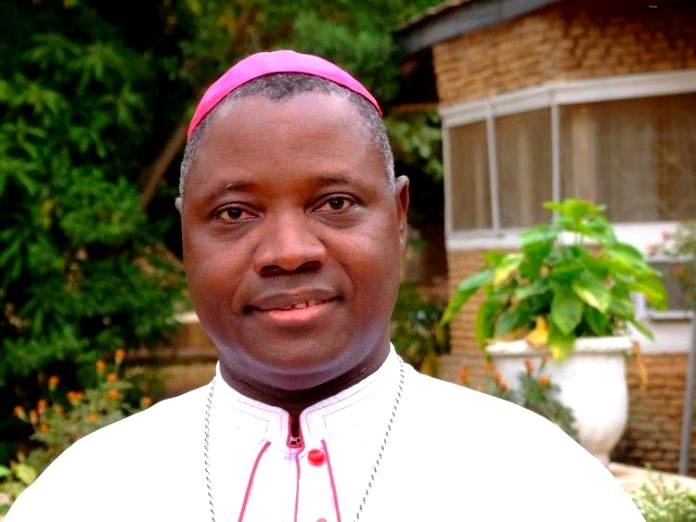Dr Isa Pantami, Minister of Communications and Digital Economy, said the Federal Government had approved the institutionalisation of virtual engagements post- COVID-19 period.
Pantami said this at the first Annual Digital Nigeria Day with theme `Digital Economy, A New Frontier for Economic Prosperity’, in Abuja on Saturday.
The minister said the day was established in Nigeria on Oct. 23, 2019, following President Muhammadu Buhari’s approval to recognise the day, to bridge the digital divide gap and expand the mandate of the ministry.
He recalled that the Federal Executive Council (FEC) approved it then and gave the directives to commence implementation of digital Nigeria on Oct. 24, 2019, which birthed the day.
He also said that Oct. 24 was also established by the UN General Assembly in 1972 to be celebrated as the World Development Information Day to address issues on digital divide.
According to him, ICT is becoming obsolete because the world is migrating to digital economy which is all encompassing.
Pantami said that virtual engagements which was adopted as an alternative means of running governance in many climes with the advent of COVID-19, needed to be sustained.
The minister said that it was in line with the developmental regulation pillar of the National Digital Economy Policy and Strategy (NDEPS) toward a digital economy.
He said other pillars include digital literacy and skills, solid infrastructure development, service infrastructure, soft infrastructure, digital services development and promotion, digital society and emerging technologies.
“We presented a national policy on virtual engagements in Federal Government institutions and the policy has been approved last week.
“The policy institutionalises virtual engagements which will be recognised even after COVID-19 and will be accommodated in public service rules.
“Our public service rules is under review now and the policy will be accommodated in the new rule,’’ Pantami said.
According to the minister, there are already existing policies which will foster implementation of the NDEPS and there are others in draft form which we are working toward approval.
He said such policies are National Policy for the Promotion of Indigenous Content in Telecommunications Sector, National Policy on Digital Innovation and Entrepreneurship, National Policy on SIM Card Registration, among others.
He also said the government was working to improve broadband penetration, cyber security, increase patronage of locally-made ICT products to consolidate on digital transformation and economy.
Pantami said that the ministry had two digital virtual learning platforms with over 66,000 and 114, 000 enrolments respectively to build digital skills and emerging technologies.
He called on the private sector to join the Federal Government in the implementation of the digital economy agenda while the government would provide the policy frameworks and enabling environment.
Earlier, Mr Musa Istifanus, Permanent Secretary, Ministry of Communications and Digital Economy, said the day was to promote the digital economy agenda of President Buhari.
Istifanus called on stakeholders to join government efforts toward developing a digital nation.
Mr Kashifu Inuwa, Director-General, National Information Technology Development Agency (NITDA) said ICT had contributed about 17. 83 per cent to the country’s Gross Domestic Product (GDP).
Inuwa called for collaborative efforts from both private and public sector to drive the digital economy agenda.
Mr Adebayo Gbenga, Chairman, Association of Licensed Telecommunication Operators of Nigeria, said there was need to create awareness on digital behaviour among citizens.
“The ministry should collaborate with the National Orientation Agency to champion the awareness on digital culture, to let people know the outcome of behaviour online,’’ Gbenga said.
Other goodwill messages came from the Nigerian Communications Commission, Nigerian Computer Society, Association of Telecommunications Companies of Nigeria, Galaxy Backbone, Nigerian Postal Service (NIPOST), National Identity Management Commission, Nigeria Communication Satellites Ltd., among others. (NAN)




